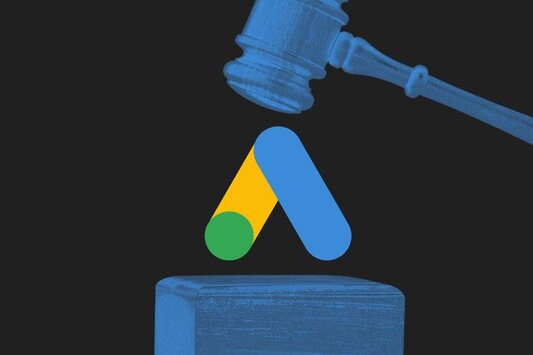
DOJ Pushes for Google to Sell Key Ad Tech Assets: What It Means for the Future
In a major move that could reshape the digital advertising landscape, the US Department of Justice (DOJ) has filed a proposal asking a court to force Google to divest key parts of its advertising business. This move comes after the company’s advertising practices were found to violate antitrust laws, with Google accused of stifling competition in the ad tech sector. What does this mean for Google's ad empire, and how could it impact the broader digital advertising market?
The DOJ’s proposal is a direct response to Google’s monopoly in the ad tech industry, which the government argues has hindered competition for over a decade. In their filing, the DOJ outlined plans to require Google to sell its Ad Exchange (AdX) and its advertising management platform, Google Ad Manager (formerly known as DoubleClick for Publishers or DFP). The aim is to break up Google's dominance and restore a more competitive ad marketplace.
The DOJ's proposed remedies are designed to dismantle Google’s stronghold in the advertising industry. First, they have called for the sale of AdX, Google’s ad exchange, which the DOJ claims has made it difficult for advertisers and publishers to switch to rival ad exchanges. The government wants Google to divest AdX as soon as possible and impose a 10-year ban on Google running an ad exchange.
In addition to AdX, the DOJ is proposing a "phased" divestiture of Google Ad Manager, which would involve creating an API to integrate the platform with other ad exchanges. Google would also be required to allow publishers to export their data from Ad Manager to other systems, giving competitors a fighting chance in the ad tech space.
While the DOJ’s proposal seeks to break up Google’s ad tech empire, Google is firmly opposed to the idea of selling off these key assets. The company argues that it acquired AdX and Ad Manager fairly, without violating any laws. Google claims that the process of divesting these businesses isn’t as simple as just selling the source code to a buyer—it would require creating new versions of AdX and Ad Manager that operate independently from Google’s ecosystem. This, according to Google, could take up to five years.
If the DOJ’s proposal is accepted, it could significantly alter the competitive dynamics of the digital advertising market. The move would not only affect Google’s dominance but could also provide more opportunities for smaller players to enter the market. By breaking up Google’s ad tech empire, the government hopes to foster competition and give advertisers and publishers more freedom to choose between different ad technologies.
However, this case raises broader questions about the future of tech monopolies and how antitrust laws can be used to regulate rapidly evolving digital markets. As the case progresses, all eyes will be on whether the DOJ can successfully force Google to divest its ad tech assets or if the company will continue to maintain its powerful position in the market.
This case is likely to have far-reaching consequences for the tech and advertising industries. Stay tuned as we continue to monitor the developments and assess how the digital advertising landscape might shift in the coming years.
𝗦𝗲𝗺𝗮𝘀𝗼𝗰𝗶𝗮𝗹 𝗶𝘀 𝘄𝗵𝗲𝗿𝗲 𝗿𝗲𝗮𝗹 𝗽𝗲𝗼𝗽𝗹𝗲 𝗰𝗼𝗻𝗻𝗲𝗰𝘁, 𝗴𝗿𝗼𝘄, 𝗮𝗻𝗱 𝗯𝗲𝗹𝗼𝗻𝗴. We’re more than just a social platform — from jobs and blogs to events and daily chats, we bring people and ideas together in one simple, meaningful space.